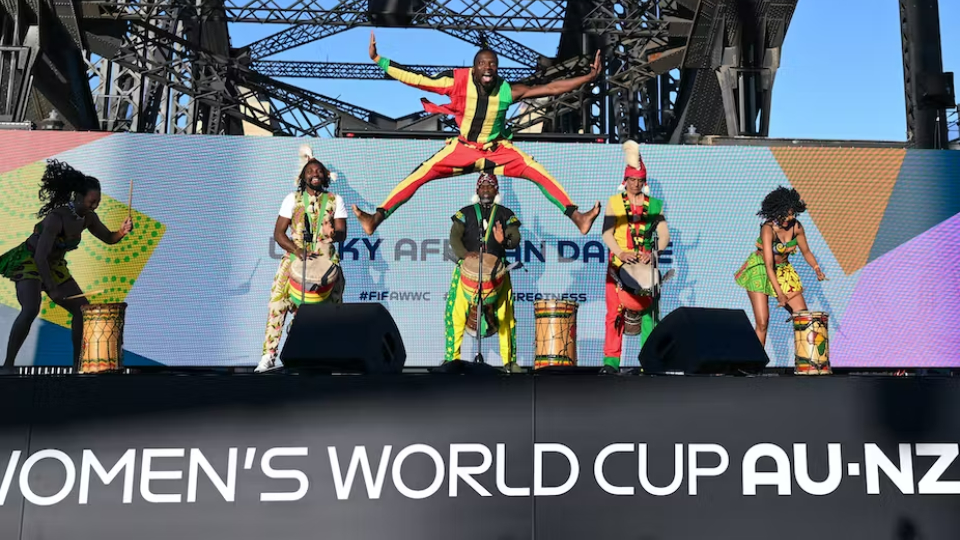Fifa plans to use the event to “unlock the commercial value” of women’s football. But there is a delicate balance to be struck between aims of economic growth, and the use of sports diplomacy to further gender equality, which is very important to a tournament such as the Women’s World Cup.
The cancellation of a sponsorship deal between Visit Saudi – the tourism arm of the Saudi Arabian government – and the 2023 Fifa Women’s World Cup, for example, shows that Fifa have some way to go in finding this balance. And research backs this up.
Fifa president Gianni Infantino in 2021 described sports diplomacy as: “Harnessing the power of football to benefit society, through the teamwork of our partnerships, is sports diplomacy in action.”
Often happening out of the spotlight, these acts of diplomacy (which include communication, representation and negotiation) are critical for the organisers, including the international federations that sanction such events.
Research shows that sports diplomacy is particularly important when hosting an international women’s sporting event. This is because international sports organisations have traditionally been seen as an “old boys’ club” with powerful sporting administrations drawn from elite and affluent male networks. And so careful sports diplomacy is needed to navigate this environment in order to try to equalise the position of women’s events.
Fifa’s ethical sponsorship struggle
The deal with Visit Saudi was first reported in early 2023 and quickly drew criticism around the discrepancy between Saudi Arabia’s record on women’s rights and Fifa’s stated aim to promote gender equality.
Saudi Arabia has been heavily criticised by the international charity Human Rights Watch for the country’s record regarding rights of women and LGBTQ+ people. These reported actions contrast significantly with the gender progressive and inclusive underpinnings of the tournament crafted by Fifa.
Article continues...

For the full article, co-authored by Loughborough University's Dr Verity Postlethwaite, Claire Jenkin (Senior Lecturer at University of Hertfordshire) and Lindsay Sarah Krasnoff (Research Associate at University of London), visit The Conversation.
